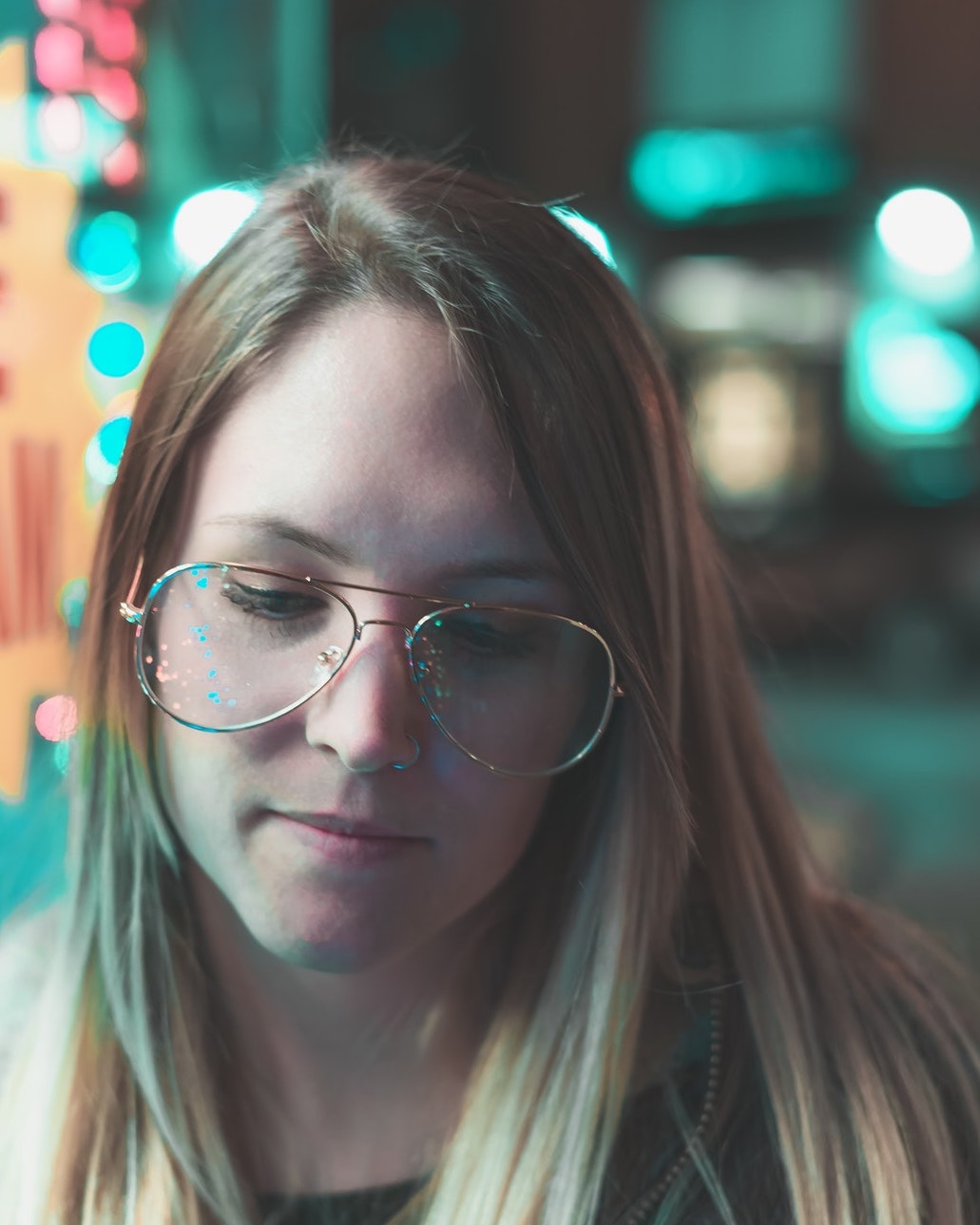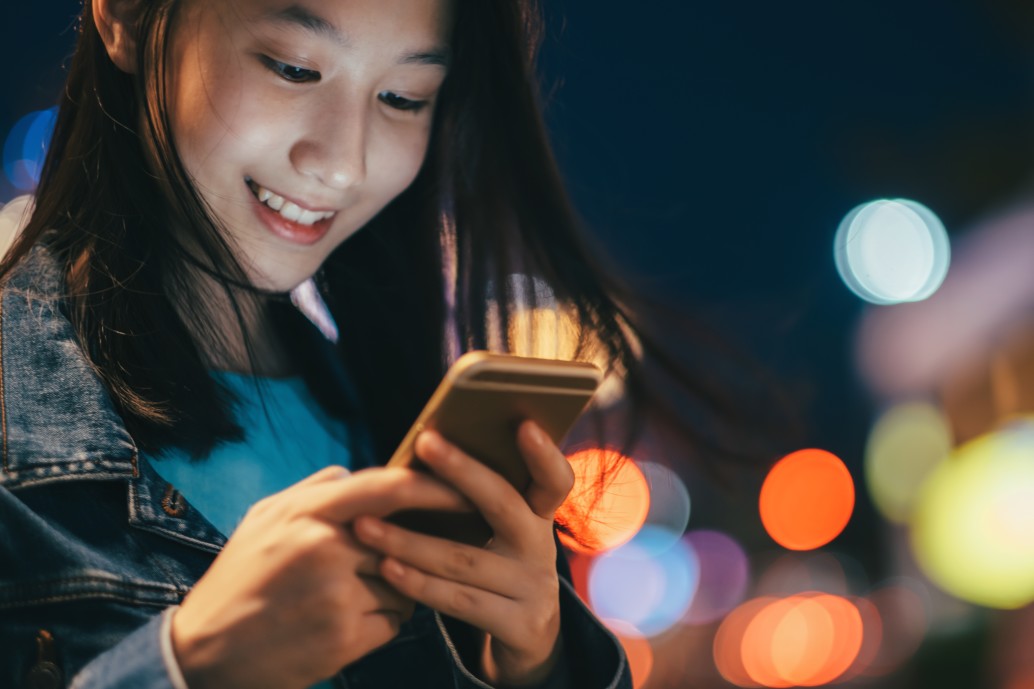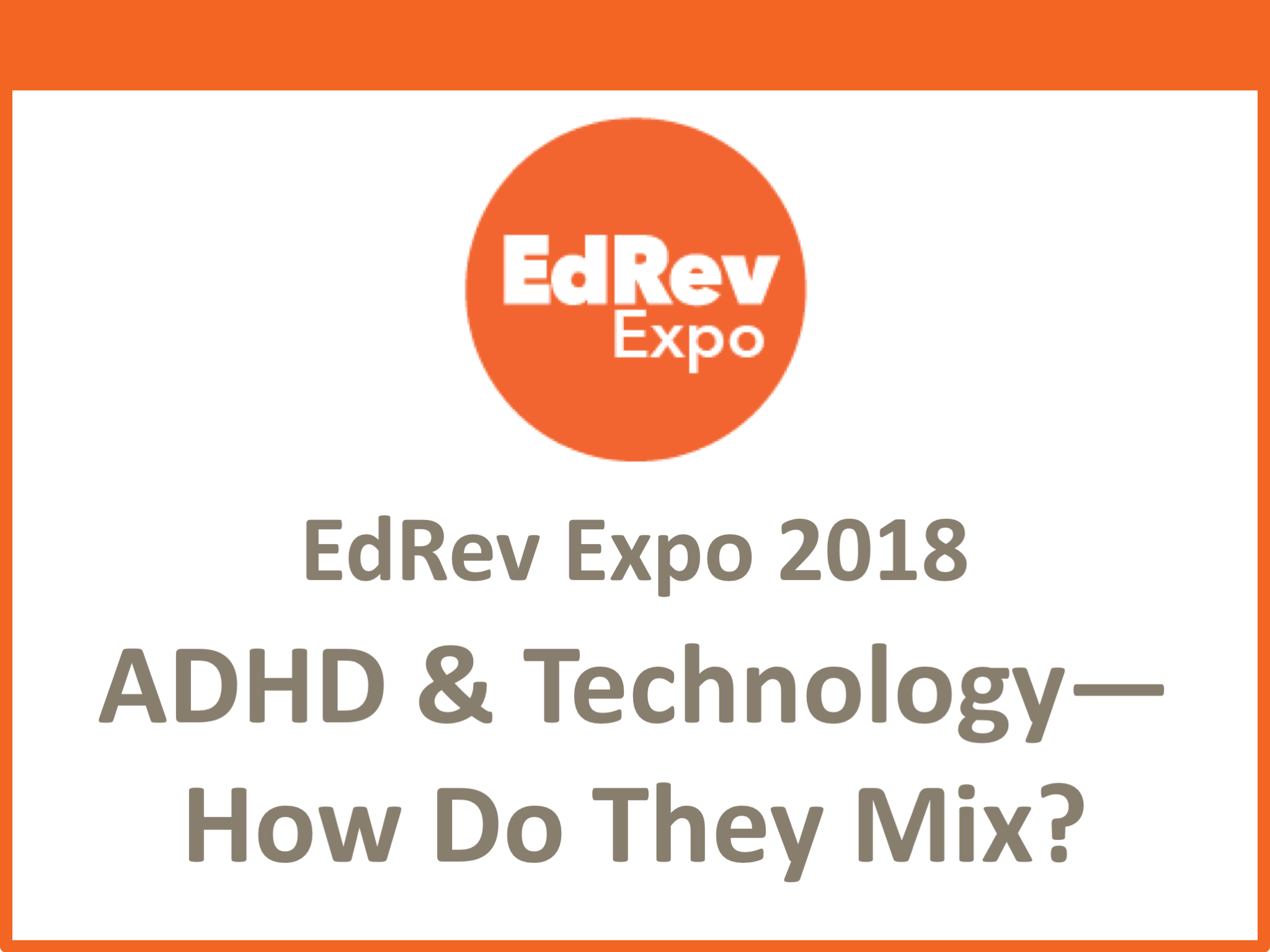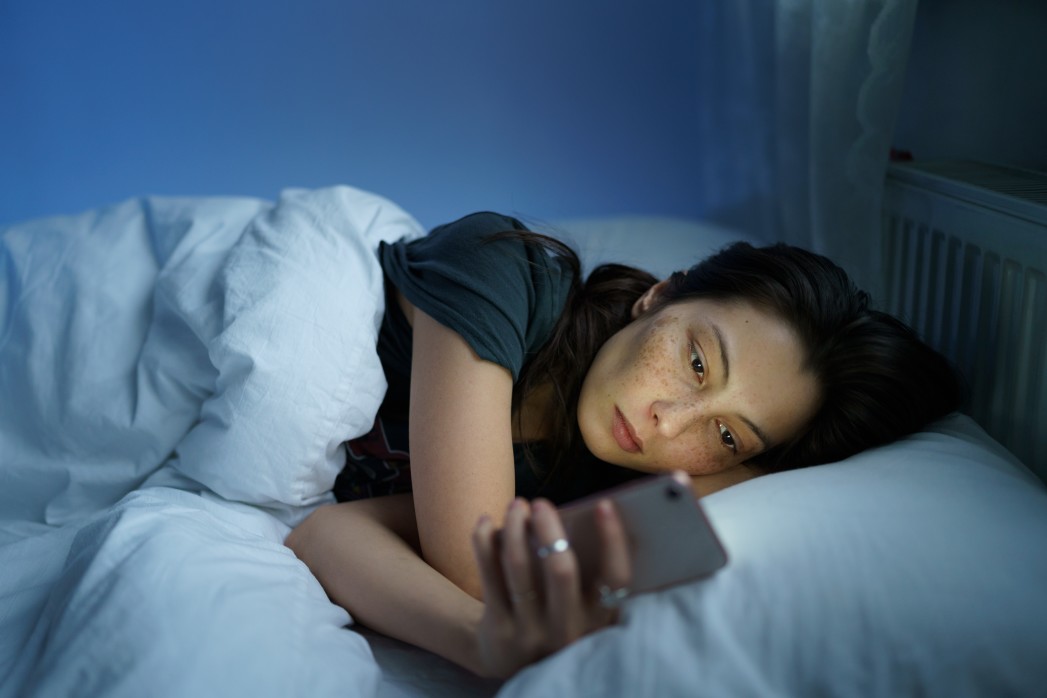 Many of us have become so reliant on technology, it’s hard to unplug and put our devices away. Our perceived need to be ‘always on’ can take a toll on our physical and mental wellbeing—increasing anxiety, interfering with sleep, and affecting our social relationships.
Many of us have become so reliant on technology, it’s hard to unplug and put our devices away. Our perceived need to be ‘always on’ can take a toll on our physical and mental wellbeing—increasing anxiety, interfering with sleep, and affecting our social relationships.
The following books offer counsel on how to step back from technology and find the right balance to ultimately make you feel more in control.
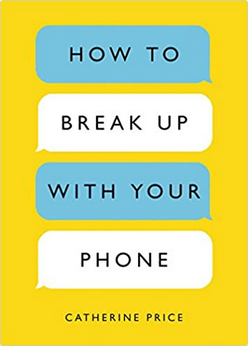 How to Break Up with Your Phone
How to Break Up with Your Phone
by Catherine Price
Is your phone the first thing you reach for in the morning and the last thing you touch before bed? Do you frequently pick it up “just to check,” only to look up forty-five minutes later wondering where the time has gone? Do you say you want to spend less time on your phone—but have no idea how to do so without giving it up completely? If so, this book is your solution.
Catherine Price presents a practical, hands-on plan to break up—and then make up—with your phone. The goal? A long-term relationship that actually feels good.
You’ll discover how phones and apps are designed to be addictive, and learn how the time we spend on them damages our abilities to focus, think deeply, and form new memories. You’ll then make customized changes to your settings, apps, environment, and mindset that will ultimately enable you to take back control of your life.
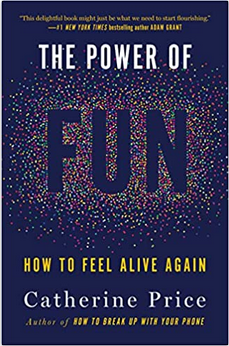 The Power of Fun
The Power of Fun
by Catherine Price
Catherine Price argues persuasively that our always-on, tech-addicted lifestyles have led us to obsess over intangible concepts such as happiness while obscuring the fact that real happiness lies in the everyday experience of fun. We often think of fun as indulgent, even immature and selfish. We claim to not have time for it, even as we find hours a day for what Price calls Fake Fun—bingeing on television, doomscrolling the news, or posting photos to social media, all in hopes of filling some of the emptiness we feel inside..
In this follow-up to her book, How to Break Up with Your Phone, Price makes the case that True Fun—which she defines as the magical confluence of playfulness, connection, and flow—will give us the fulfillment we so desperately seek.
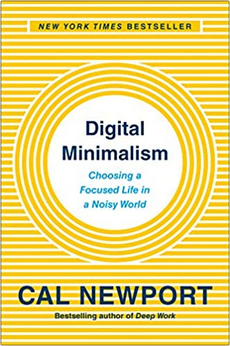 Digital Minimalism: Choosing a Focused Life in a Noisy World
Digital Minimalism: Choosing a Focused Life in a Noisy World
by Cal Newport
Digital minimalists are all around us. They’re the calm, happy people who can hold long conversations without furtive glances at their phones. They can get lost in a good book, a woodworking project, or a leisurely morning run. They can have fun with friends and family without the obsessive urge to document the experience. They stay informed about the news of the day, but don’t feel overwhelmed by it. They don’t experience “fear of missing out” because they already know which activities provide them meaning and satisfaction.
Now, Newport gives us a name for this quiet movement, and makes a persuasive case for its urgency in our tech-saturated world. Common sense tips, like turning off notifications, or occasional rituals like observing a digital sabbath, don’t go far enough in helping us take back control of our technological lives, and attempts to unplug completely are complicated by the demands of family, friends and work. What we need instead is a thoughtful method to decide what tools to use, for what purposes, and under what conditions.
Technology is intrinsically neither good nor bad. The key is using it to support your goals and values, rather than letting it use you.
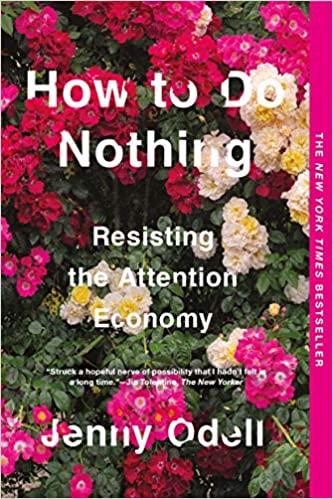 How to Do Nothing: Resisting the Attention Economy
How to Do Nothing: Resisting the Attention Economy
by Jenny Odell
In a world where addictive technology is designed to buy and sell our attention, and our value is determined by our 24/7 data productivity, it can seem impossible to escape. But in this inspiring field guide to dropping out of the attention economy, artist and critic Jenny Odell shows us how we can still win back our lives.
Odell sees our attention as the most precious—and overdrawn—resource we have. And we must actively and continuously choose how we use it. We might not spend it on things that capitalism has deemed important … but once we can start paying a new kind of attention, she writes, we can undertake bolder forms of political action, reimagine humankind’s role in the environment, and arrive at more meaningful understandings of happiness and progress.
Far from the simple anti-technology screed, or the back-to-nature meditation we read so often, How to do Nothing is an action plan for thinking outside of capitalist narratives of efficiency and techno-determinism.
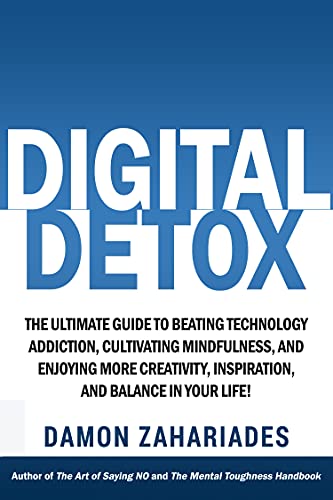 Digital Detox: The Ultimate Guide to Beating Technology Addiction, Cultivating Mindfulness, and Enjoying More Creativity, Inspiration, and Balance in Your Life
Digital Detox: The Ultimate Guide to Beating Technology Addiction, Cultivating Mindfulness, and Enjoying More Creativity, Inspiration, and Balance in Your Life
by Damon Zahariades
Take A Break From Technology And Enjoy Life Unplugged!
Are you addicted to your phone? Are you spending too much time on social media? Is the internet causing you to feel depressed, lethargic, and unmotivated?
More and more people are realizing their phones, laptops, and other devices are controlling their lives rather than the other way around. They’re spending too much time with technology while their personal relationships suffer. They’re experiencing greater levels of stress, a decline in the quality of their sleep, and chronic aches and pains.
But there’s a simple way to regain control and enjoy a quieter, more relaxed daily experience: unplug!
Do you need someone to talk to? To schedule an evaluation or to get advice about your child’s or teen’s challenges, call or email a CHC Care Coordinator at 650.688.3625 or careteam@testing.chconline.org CHC teletherapy services are available now.
